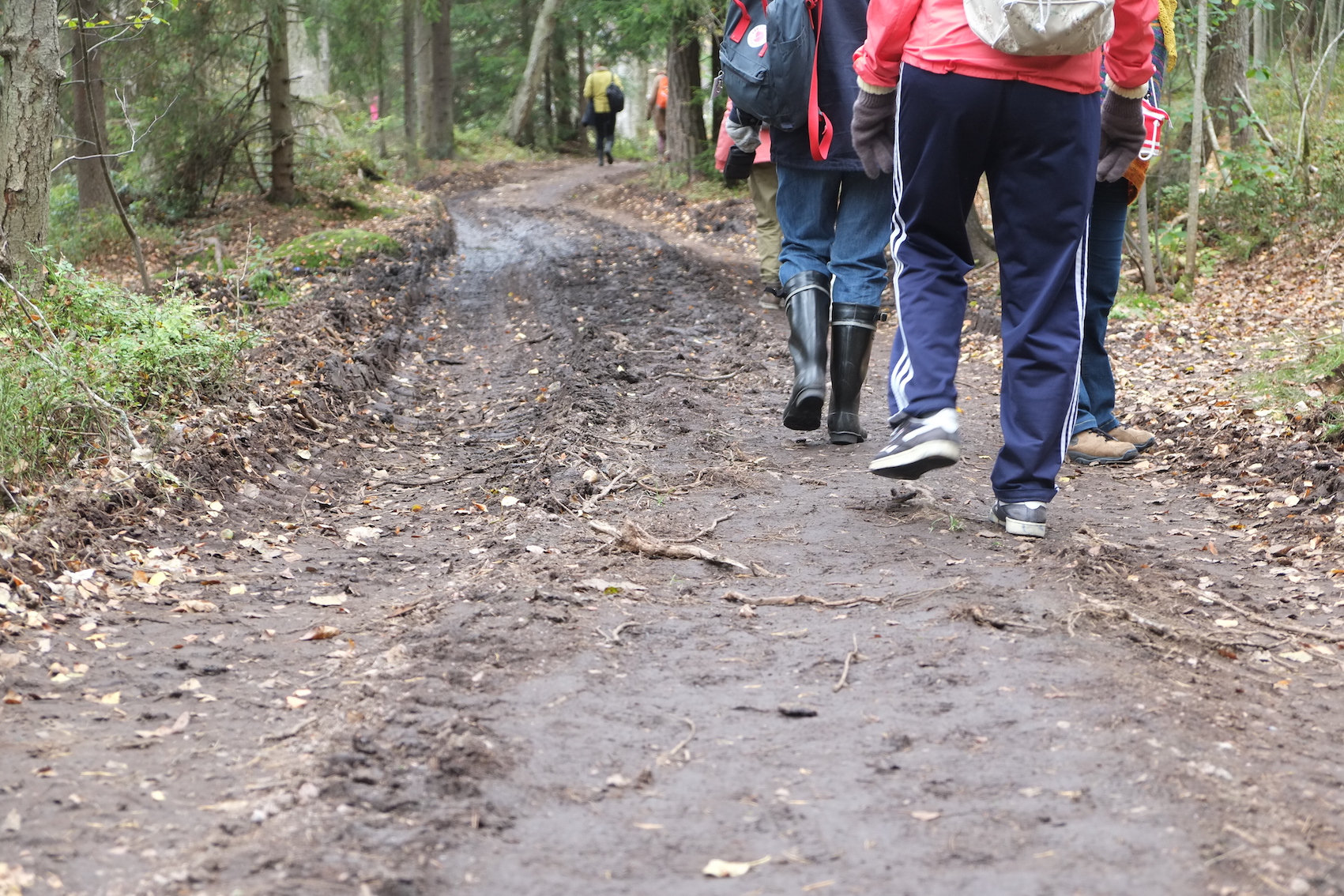
Credits: 4
Schedule: 07.01.2019 - 24.01.2019
Contact information for the course (applies in this implementation):
Teacher in charge, Eeva Berglund, eeva.berglund@aalto.fi
Note, Prof Berglund will try to answer emails as best she can, but the best way to catch her will be before and after teaching sessions.
Teaching assistant, Mirko Wittka, mirko.wittka@aalto.fi
Teaching Period (valid 01.08.2018-31.07.2020):
III
Learning Outcomes (valid 01.08.2018-31.07.2020):
An understanding of the main methods of gathering and managing qualitative data. Practical experience and confidence in designing and carrying out field research related to human behaviour generally and in their own research project.
Content (valid 01.08.2018-31.07.2020):
Sessions will include readings and practical exercises on:
-Observational techniques and different types of interviews
-Generating visual materials
-Dealing with offline and online data
-Ethnographic methods
Students will also learn about and do exercises on:
-Producing, managing and sharing fieldnotes and findings
-Conceptual and ethical issues around producing and using qualitative data
The format of the sessions will vary, but they will normally consist of a lecture component, discussion, presentations and practical teamwork of different kinds. There is compulsory pre-course reading and a short assignment.
The course is designed so that students will generate material that they can later analyse as coursework on the course ARTS-L0109 Methods of Analysing Qualitative Data.
Details on the course content (applies in this implementation):
This intensive doctoral level course gives students in the School of Arts, Design and Architecture an understanding of the main methods of gathering or generating qualitative data and managing it. It will help them think critically but constructively about what 'data' is and how it can be used, and about its relationship to analysis and other forms of intellectual work.
It gives practical experience in designing and carrying out field research related to human behaviour. The course is designed so that students build up a small body of material using the full range of methods introduced on the course. This will later be analysed on the Methods of Analysing Data course, ARTS-L0104, taught by Annamari Vänskä.
Readings will be divided into compulsory and background texts. You should read them before they are discussed in class. Readings will be provided on MyCourses unless they are freely available online and/or in the library.
Deliverables and requirements
You will be given a number of exercises to do both independently and in groups, during and outside contact time. At the end of the course, each student submits for assessment a portfolio of the material they have gathered through the course, that will include a short essay explaining its contents. You may use materials relating to your independent research, but their execution and format must comply with the tasks set out on the course.
Since you will be using the data you generate on the Methods of Analysing Qualitative Data -course, make sure you store all your work for retrieval and analysis later!
All students will have to submit assignments for marking as follows:
1) a portfolio of examples of gathered data with explanatory essay. Due midnight 26.1.2019
(max 1400 words, 50% of grade, 0-5)
2) independent assignment, by midnight 15.1.2019 (pass/fail)
3) group assignment (joint work, pass/fail)
There is also a pre-course reading, and a small pre-course exercise. See below.
Upload assignments (those for grading only) onto My Courses. Please make sure to include your name and
other details on all submitted work, and please put your surname in the document title.
Assessment Methods and Criteria (valid 01.08.2018-31.07.2020):
-Attending the first contact teaching session is compulsory and participation in classes should be at least 80%, unless otherwise agreed in advance.
-Compulsory assignments individually and in groups (including pre-course assignment).
-Submitted work will include documentation of completed practical work and a final essay of up to 2 000 words.
Elaboration of the evaluation criteria and methods, and acquainting students with the evaluation (applies in this implementation):
Generic assessment criteria:
1) evidence of thoughtful and creative use of appropriate methods in practice;
2) evidence of intellectual and creative engagement with, as well as critical reflection on, the relevant method as well as some of the literature about it;
3) quality and clarity in the articulation and communication of what has been learned;
4) systematic and clear presentation, both textual and visual.
Key criteria on a scale from 0 - 5: a 5 will normally be granted to work that demonstrates excellence in all areas; a 4 will be granted to a work that is excellent if uneven or slightly lacking in some area; a 3 suggests the work is good but the issues are not very developed, or that there are shortcomings in structure, critical insight or presentation; a 2 may contain good contents but is weaker, possibly superficial or mechanical; a 1 is normally granted to a piece of work that shows little effort or understanding of the course content.
Submitting work late incurs an automatic penalty of one grade. All submitted work as well as active class participation contribute to the final mark. All coursework including the final assessment will be examined holistically, with assessment criteria applied as appropriate to each exercise.
Workload (valid 01.08.2018-31.07.2020):
lectures 24 h, reading 24 h, practical and written independent and group work 60 h
Details on calculating the workload (applies in this implementation):
Study time appr. 108 h
- lectures and seminars: 24 h
- reading 24h
- independent and group work: 60 h
Study Material (valid 01.08.2018-31.07.2020):
Study materials will be provided via MyCourses.
Substitutes for Courses (valid 01.08.2018-31.07.2020):
ARTS-L0103 Methods of Gathering Data
Grading Scale (valid 01.08.2018-31.07.2020):
0-5
Registration for Courses (valid 01.08.2018-31.07.2020):
WebOodi
Further Information (valid 01.08.2018-31.07.2020):
Minimum number of participants: 8
Max. 25 participants. First year doctoral candidates at Aalto ARTS given priority, others can be taken in the order of registration.
Details on the schedule (applies in this implementation):
7.1. - 24.1. Monday, Tuesday, Thursday, 09:15 - 12:00 in Väre Q202
